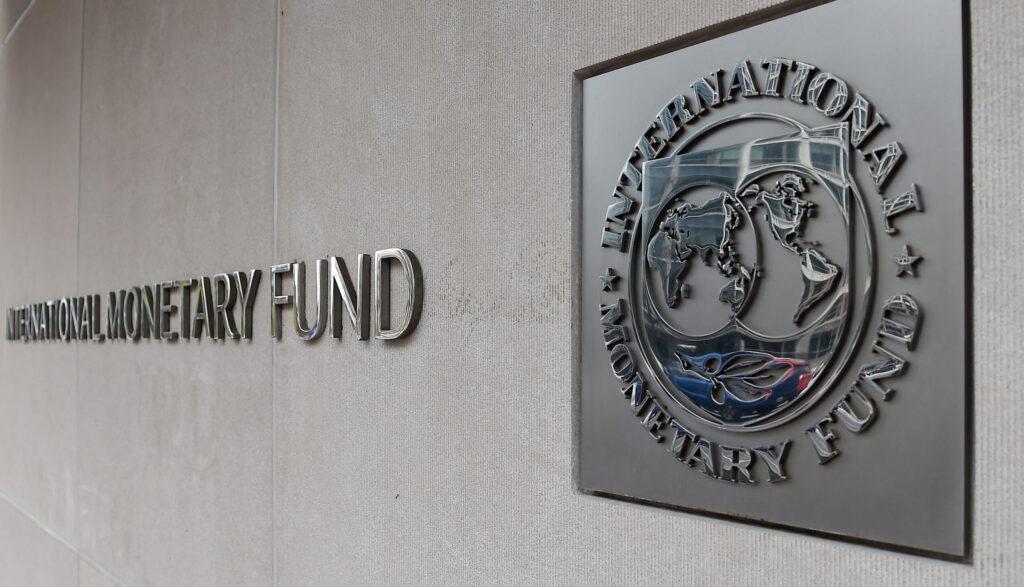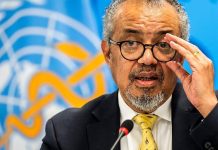Africa-Press – Lesotho. A long year lies ahead for the African governments which have borrowed too much. While Ghana’s torment is under the spotlight, Tunisia, Kenya and Nigeria will all face tough challenges in the year ahead, experts say.
The country in December sought a domestic debt restructuring which will deprive financial institutions of income from government bonds in 2023 and leave them with reduced interest payments thereafter. That was followed by a staff-level agreement with the IMF for a $3bn credit facility, an accord which still needs to be approved at board level.
The government so far has had a “captive audience” for debt proposals in the shape of the country’s banks, says Irmgard Erasmus, senior financial economist at Oxford Economics in Cape Town.
But the domestic debt swap won’t suffice by itself and a restructuring of public external debt is “inevitable”. The way that process plays out will help to set the tone for restructurings elsewhere, Erasmus says.
The IMF has said that more than 20 African countries were in debt distress or at risk of debt distress in 2022. Tunisia is a prime candidate for restructuring in 2023, Erasmus says.
The country’s existing IMF program, she says, won’t be enough to meet its financing needs, and the fiscal account won’t be enough to close the gap. Erasmus estimates that Tunisia’s public debt at the end of 2022 stands at an “unsustainable” 84% of GDP.
Kenya also has a heavy debt burden and the prospect of a contracting euro-zone economy in 2023 will curb demand for its exports. Erasmus predicts that the country’s merchandise trade deficit in 2023 will exceed 10% in GDP.
Nigeria has left itself exposed by failing to take advantage of high oil prices and not ensuring adequate security for production, leading to rampant theft, says an executive at a major multinational in Nigeria who asked not to be identified.
A change of government is urgent, and “no-one can wait for a change of governor” at the central bank. The biggest issue, the executive says, is the availability of foreign currency.
“No-one can get dollars. Speak to any corporate in Nigeria. The amount of micro-management by the central bank on dollars is mind-boggling. ”
Nigeria has levers to pull that Ghana doesn’t, the executive argues. It could quickly lift GDP by dropping its fuel subsidy. That would bring the risk of social unrest – but if the country follows the path of Ghana, social unrest is guaranteed.
After the elections in February, Nigeria will face a choice between the paths taken by William Ruto in Kenya and Nana Akufo-Addo in Ghana, says Charles Robertson, global chief economist at Renaissance Capital in London.
Robertson sees signs of hope that the blueprint in Kenya, where Ruto scrapped a petrol subsidy on taking office in September, will have the greater influence on Nigeria’s new government. Africa will see a “year of austerity” in 2023, Robertson says.
The “cheap and easy” borrowing that existed in the 2010s probably won’t be available, and countries will need to concentrate on building up their fiscal and foreign-currency positions, he argues.
Robertson sees the prospect of higher inflation combined with lower per head GDP raising political risk on the continent. “Governments need to be fiscally responsible for a very long time,” but history gives scant cause for confidence that they will be, he says.
Robertson is author of The Time-Travelling Economist published in 2022. The book argues that smaller family sizes and increased literacy are key to the continent’s economic development.
Fertility rates of over three children per woman, he argues, are shared by the African countries which been unable to sustain their debt levels: Zambia, Ethiopia, Chad and Ghana.
Large families in such countries are unable to save anything at the end of the month, leaving banks undercapitalised. The long-term ways to increase growth, he argues, include extending universal primary education.
Education systems have to produce children who can actually read and write, but there is evidence that this is not always the case, Robertson says. It’s also critical to reduce child mortality rates, which will bring down fertility rates with them, he concludes.
For More News And Analysis About Lesotho Follow Africa-Press






